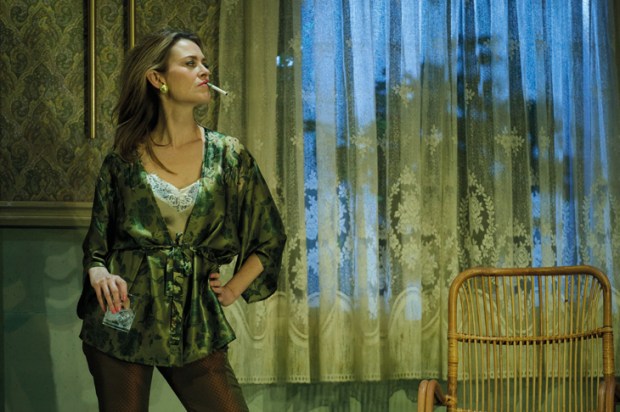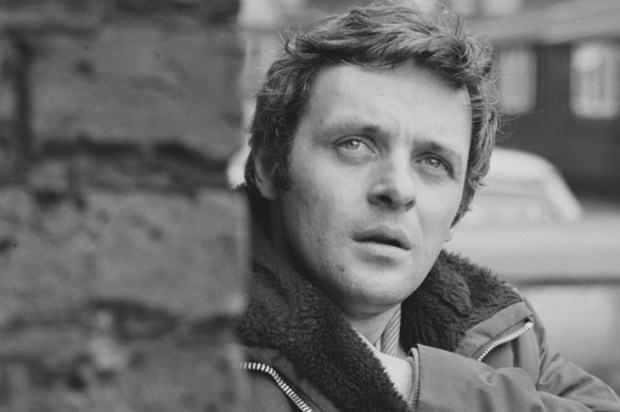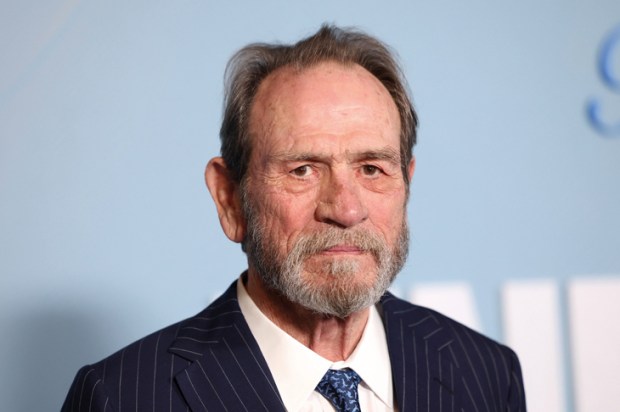Who would have thought the beery blokey jukebox musical The Choir of Man at Melbourne’s Playhouse would be such an unmitigated delight? Then again wasn’t it a bit of a surprise at the Barry Humphries memorial that in the midst of the muscial eloquence of Richard Tognetti and Satu Vanska, and tributes from Rob Brydon to Rupert Murdoch, the most eloquent words (which were read by Arts Minister Tony Burke) should come from King Charles? Burke is apparently reading Ruth Wilson’s blank verse Iliad, the greatest of all war epics, but a lot of people will have been taking it...
Already a subscriber? Log in
Subscribe for just $2 a week
Try a month of The Spectator Australia absolutely free and without commitment. Not only that but – if you choose to continue – you’ll pay just $2 a week for your first year.
- Unlimited access to spectator.com.au and app
- The weekly edition on the Spectator Australia app
- Spectator podcasts and newsletters
- Full access to spectator.co.uk
Unlock this article
You might disagree with half of it, but you’ll enjoy reading all of it. Try your first month for free, then just $2 a week for the remainder of your first year.














Comments
Don't miss out
Join the conversation with other Spectator Australia readers. Subscribe to leave a comment.
SUBSCRIBEAlready a subscriber? Log in